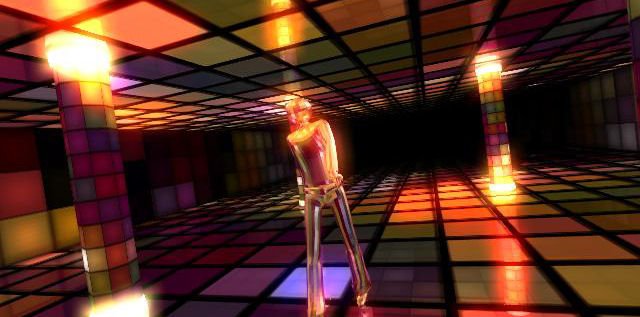The Art of Coding applications in Finland and Germany submitted
The Art of Coding campaign to recognize digital culture as part of the Intangible Cultural Heritage of Humanity proceeds onwards. Both the German and Finnish applications for the UNESCO project are now submitted to their respective authorities in Germany and Finland for nominations into the national UNESCO listings.
The German submission was presented to UNESCO in the Bundesland North Rhine-Westphalia (NRW) and was written in a collaborative community effort led by Tobias Kopka supported by Andre Kudra, Stephan Maienhöfer, Gleb Albert, Christian Brandt, Andreas Lange and many more who gave their hands at Digitale Kultur und Tastatur und Maus e.V.
Also, the Finnish application is now presented to the Finnish Living Heritage organization and National Board of Antiquities. The application was led by the Finnish Museum of Games and written by Markku Reunanen in association of local digital culture organizations and individuals. The Finnish application also includes a public Wiki page about the demoscene and its history, traditions and future. The application and Wiki were also worked on public collaborative events and demoscene meetings, as well as at the Collaborative Game Histories seminar at Finnish Museum of Games.
Both applications were also supported with photography, historic scene materials and videos from events and demoscene releases.
The Art of Coding campaign continues to extend the outreach into the scene in general and other countries. Both German and Finnish applications are next examined by the local expert committees and hopefully nominated into the national Intangible Cultural Heritage lists.
More information: Art of Coding Finnish Application Wiki (in English)
More information: https://demoscene-the-art-of-coding.net/

